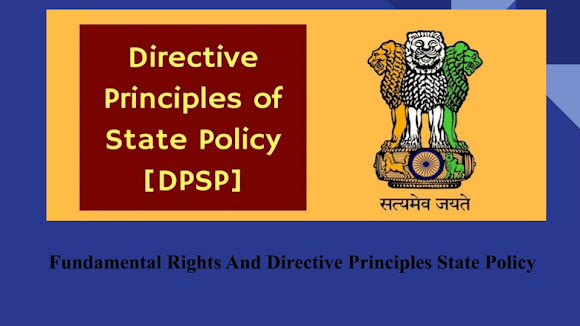Fundamental Rights And Directive Principle State Policy
.jpg)
Fundamental Rights And Directive Principle State Policy Introduction The goal of the DPSP is to establish a "Welfare State." In other words, developing social and economic democracy in the state is the motivation behind the inclusion of DPSP rather than establishing political democracy. These principles are "novel features," in the words of Dr. B. R. Ambedkar, of the Constitution. The DPSP serves as a guideline for the state and should be taken into account when creating any new laws or policies. However, since the DPSP is not justifiably, no one can compel the State to take into account and adhere to everything that is stated in it. Directive Principles of State Policy: Meaning and Genesis The DPSP concept was not created locally. Grandville Austin referred to the Directive Principles of State Policy (DPSP), which were derived from Article 45 of the Irish Constitution, as the "conscience of the constitution." Part IV of the Indian Constitution lists it....
.jpg)
.jpg)
.jpg)
.jpg)

